Guest Column by Jack Wilborn
On December 25th 2018, not only did Israel legalize exportation of cannabis it was also “A First for Southeast Asia: Thailand Legalizes Medical Cannabis.” Thailand also allowed kratom along with cannabis. Kratom is another natural plant medicine (a tree actually) which the US Federal Government wishes to place on Schedule I. Many people here have used it and feel it’s much better for pain control than many analgesics.
While we can be happy for Israel, most Americans understand our country still has a long way to go to adequately deal with drug use.
I’ve seen the ‘opiate’ crisis personally and lived through two of them myself as a ‘dependent’, not an addict. Until the drugs were not available at my pharmacy, then that made me an addict, by definition. It changes how you prioritize what you do. The point to this is I was made to go through withdrawals because my pharmacy could not supply me with the morphine. However, many I met fell through the cracks and became heroin or other drug users. All because of crackdown in control of opiates. I saw this in about 2002 and again in around 2011 or so. This is how this has worked out over the past almost 40 years:

How do you determine that something is a crisis like opiates? I would guess it’s in the numbers. So … I got the numbers for 2016–Opiate overdoses 63,000, alcohol deaths 88,000, tobacco at 400,000 (6 million worldwide.) Don’t forget to add on the 10,000 plus deaths caused by alcohol vehicular fatalities. Alcohol abuse shortens lives by an average of 30 years. Over 300,000 year from properly prescribed, dispensed and administered FDA approved drugs. We can also be ensured that ALL of the heroin overdoses were by adulterated drugs. Many experts believe that’s the major cause of overdose deaths. Are these others acceptable?
During prohibition all ‘data’ is lost, since it’s illegal. In a report by Jeffery Miron with the National Bureau of Economic Research (April 1991) you can read about the effects of alcohol consumption during the 1920’s through the end of 1933, a short span of virtually 14 years. Miron speaks about the difficulties of data collection. In prohibition the type of contraband does not matter.
One of the issues about prohibition is that its application grows the use of whatever item is prohibited. We saw this in alcohol prohibition and with the illegal drugs today. The simple fact is that continued prohibition is not fixing any problem and removal of prohibition by other countries is showing great benefits in wide breath of socio-economic classes. Kids and women, because of prohibition, become addicted to alcohol at an earlier age since organized crime doesn’t check IDs. The vast majority of American women did not drink alcohol in the years previous to prohibition. We have reduced minor tobacco use over the last two decades by about 50% by regulation and education. It’s too bad we have gone the other way with alcohol, by encouraging its use on most of the media.
Another graphic I’d like to show you is how prohibition makes for more concentrated drugs.

Since organized crime is a business, it’s only smart to ship the most concentrated drugs, those more easily concealed and that can be ‘cut’ on every level of distribution. Reducing costs and increasing concealment.
The root of all these problems IS the prohibition itself. We must try and move drug policy and criminal justice reforms forward for the safety of our cities, towns and streets. Cannabis will be legal, mainly because the people that make the rules smell the money. We need to make sure politicians understand that their constituents want it and it will reduce the calls for service and make police work safer.
We have doctors that know how to deal with drugs. What we need to address is the organized crime created by prohibition. This is the gangs murder and violence that permeates the cities and towns and reaches across our borders. Think about what we’ve done to Mexico. One of the LEAP people stated we were responsible for over 30,000 because of the drug war. We spent about $8 billion on bombing the opiate fields in Afghanistan ending in 2014. The end result however was a higher output of opiates and a lower street price in the USA. Want to stop the drugs coming across the border? Get the people not to want them. Legalize, regulate and educate. People make good decisions when they are educated.
This also may be interesting reading for many of you:
21 Principles for the 21st Century Prosecutor.
Thanks for listening… :)
Jack 8)


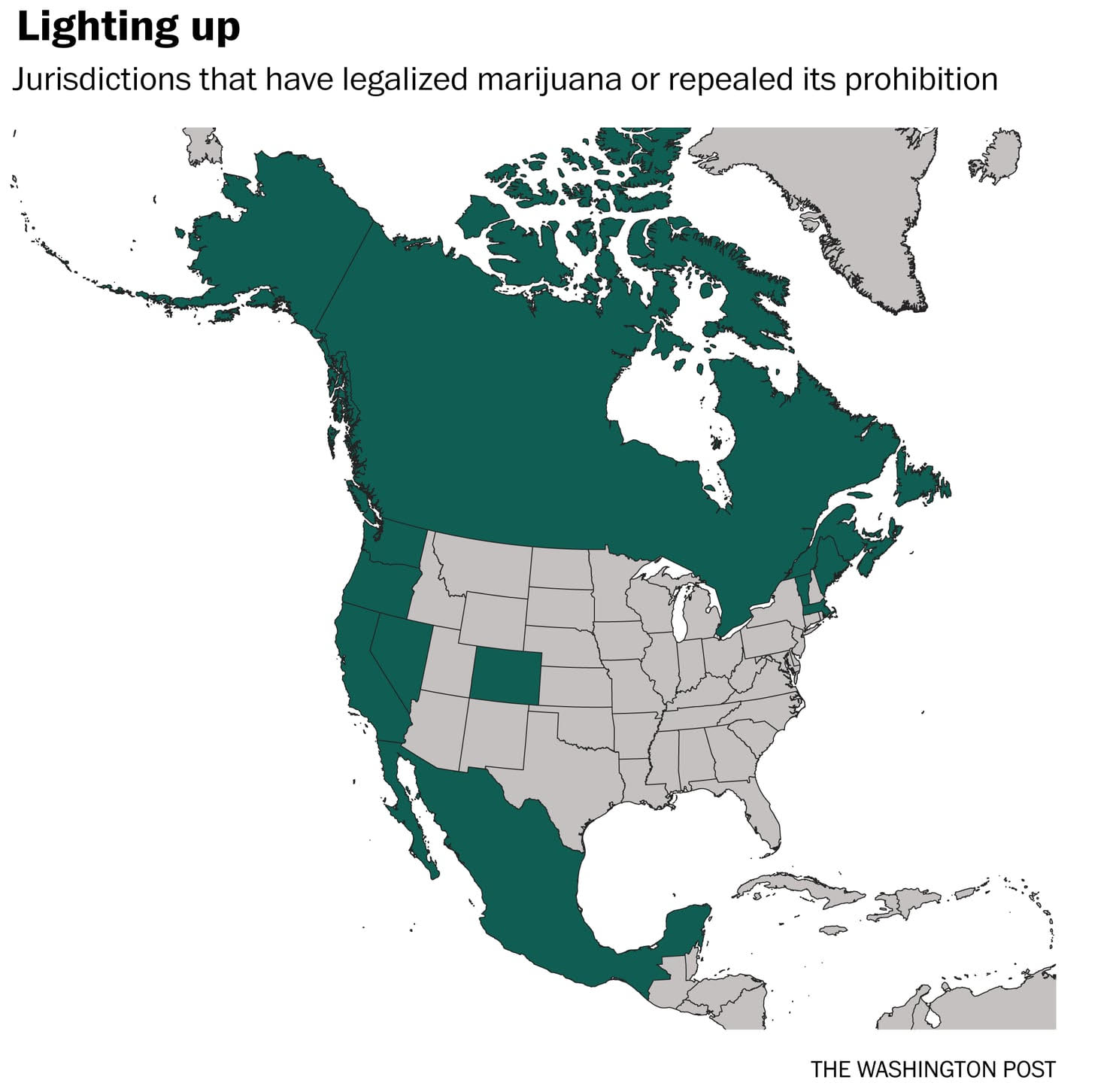


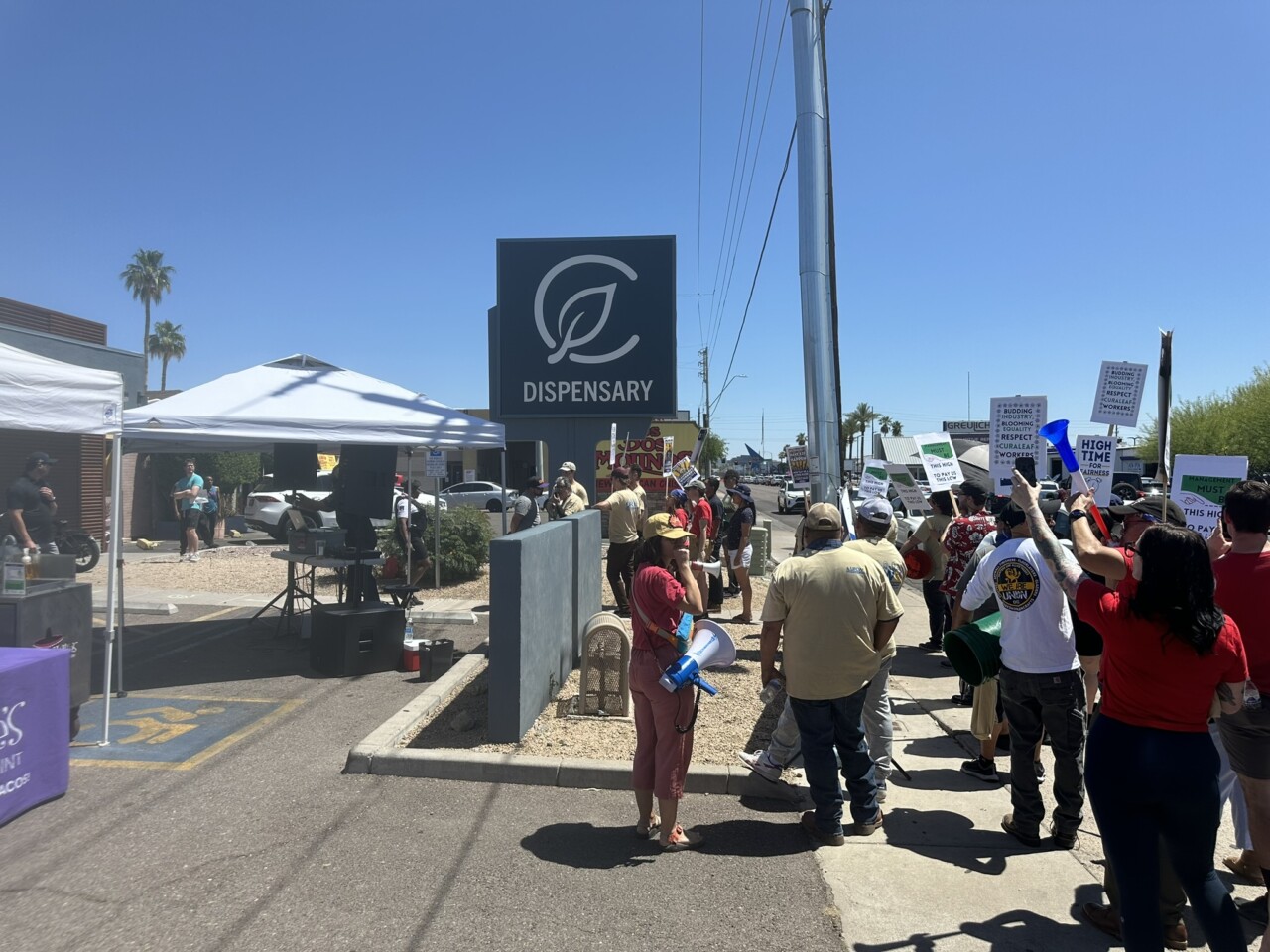
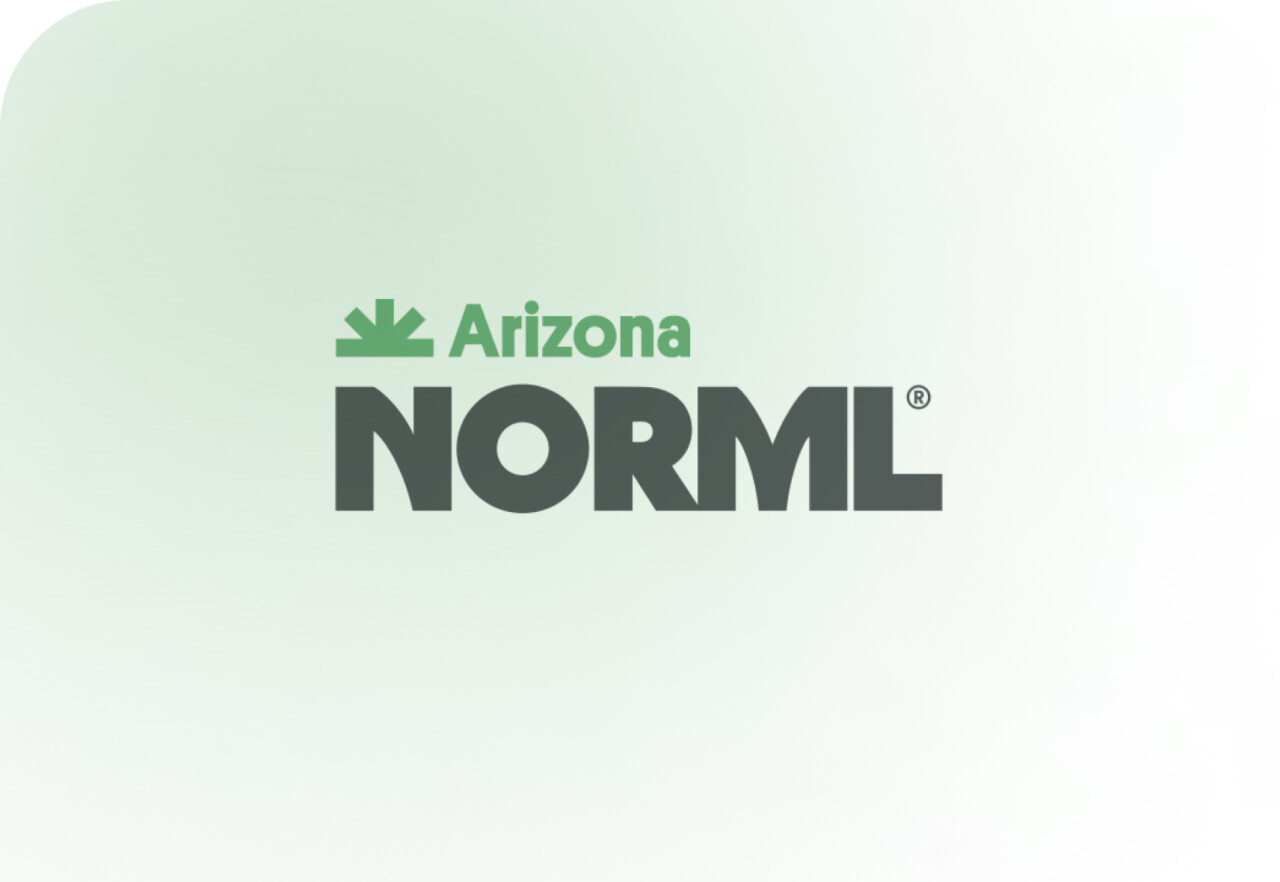

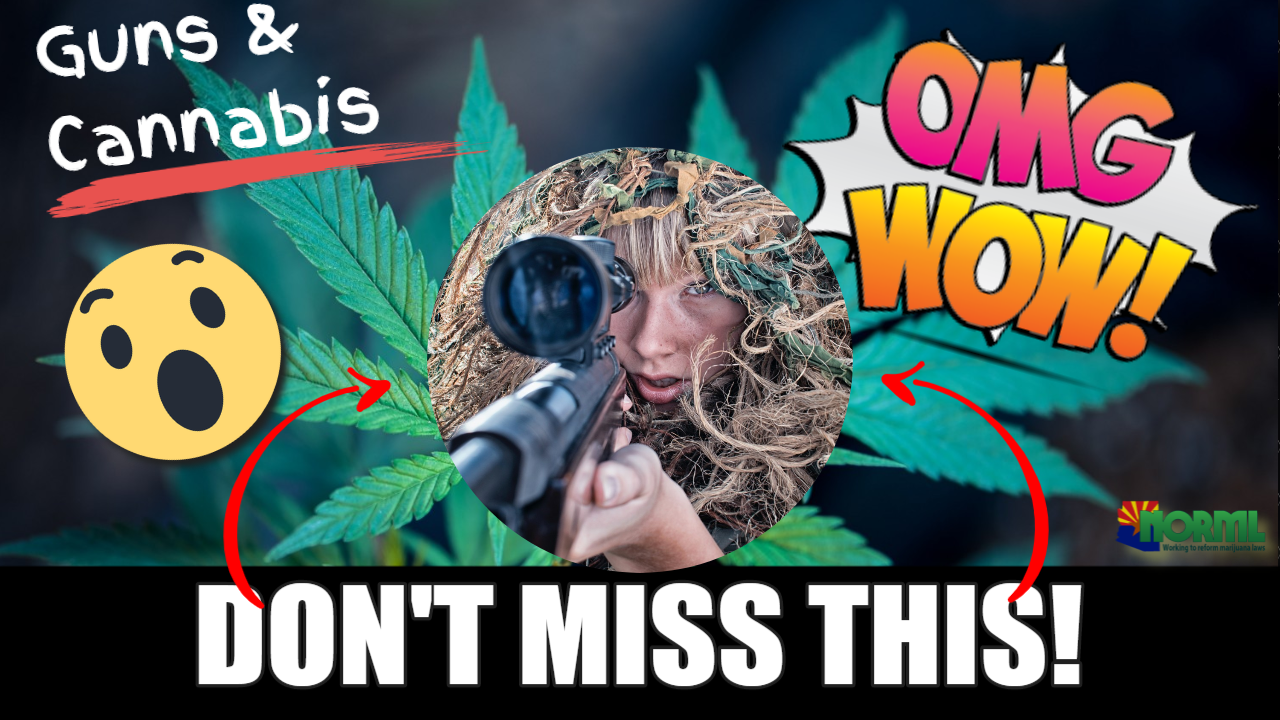
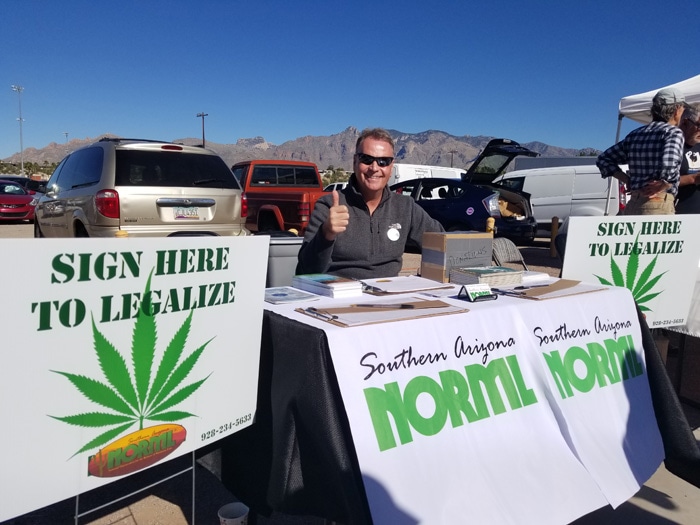

Leave A Comment
You must be logged in to post a comment.